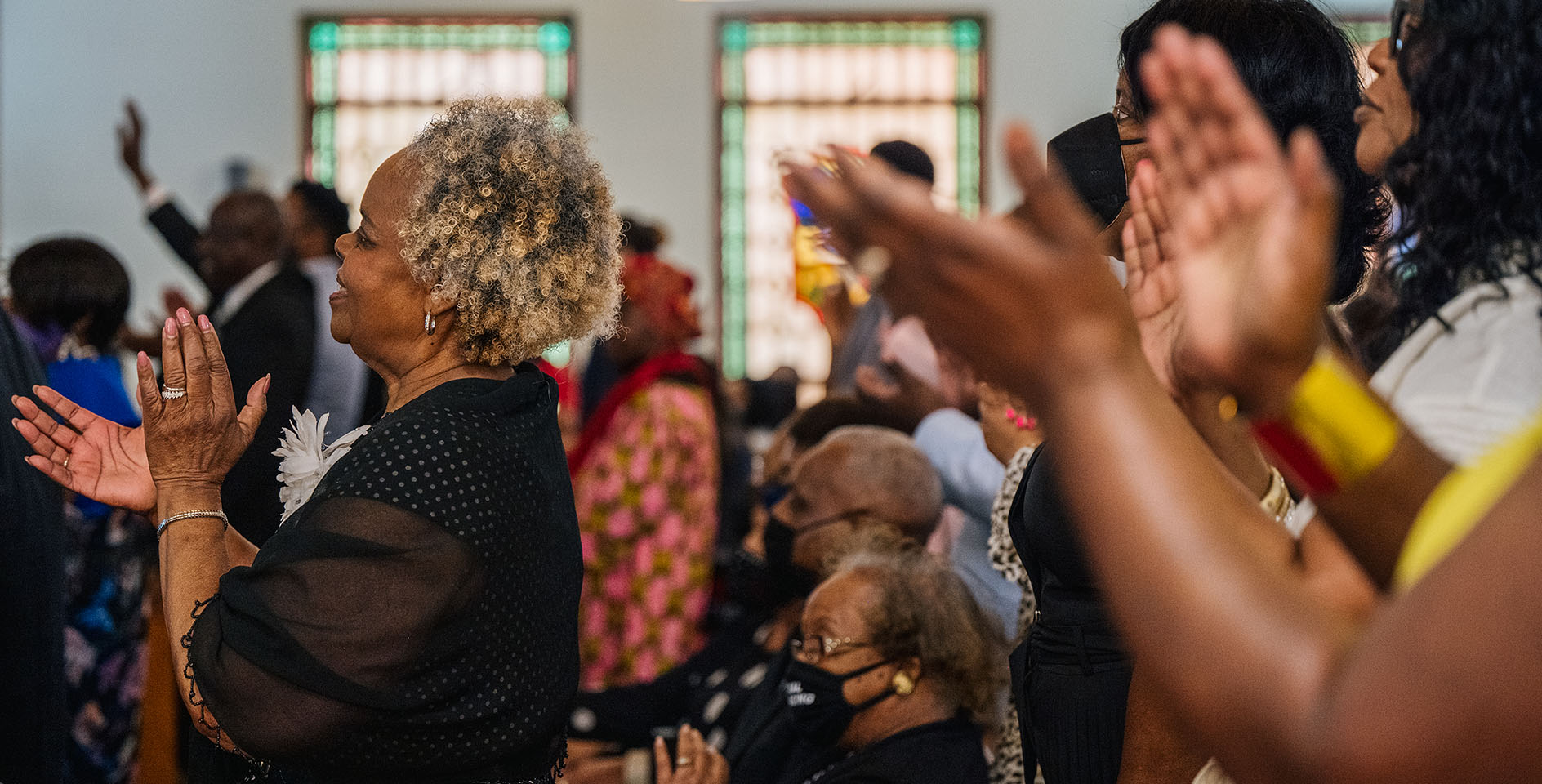Like the turning of a page, years inevitably come and go. Some years are memorable. Some are forgetful. Some are joyful. Some are devastating. In light of what we read in Ecclesiastes 3:1 about there being a season for everything, this should not be surprising. Still, as we relish success or lament loss, the knowledge of this reality does little to contain the delight or mend the heart in the moment.
I was pondering this recently as I was reading Zechariah’s prophecy following the birth of his son, John, in the first chapter of Luke. Countless Christmas sermons have been preached from these opening chapters of the Book of Luke (I’ve already heard three myself this season). But this brief section with the old man’s words doesn’t typically receive as much attention as it should in many evangelical churches, which is understandable given its placement between Mary’s song of praise and the birth of the Christ child.
As a father of three, it is intriguing to me that Zechariah’s first words in nine months aren’t about his son, at least not at the outset. For months, he was forced to be silent because of his unbelief. All the while, he was undoubtedly dealing with a flood of mixed emotions. I can’t help but think he was filled with pride and overcome with gratitude at this blessing from the Lord (Ps. 127:3). Were I in his shoes, I’m not sure I could have restrained my excitement. Yet, I wonder what Zechariah did with his time?
Perhaps a partial answer to that question is revealed in his prophetic words. A significant portion of what he discusses are the promises laid out by the prophets of old. I tend to believe, having been rebuked by the Lord, Zechariah devoted himself to studying Scripture and searching for all the ways God was faithfully keeping his promises. The path the Lord was taking to fulfill them, which very few understood in that time, had brought him right to the door of Zechariah’s household.
And so, even in the midst of a blessed occasion for his family, Zechariah’s first words are about the Rescuer who has come as a horn of salvation for us (Luke 1:69); a Redeemer who is a Dayspring from on high that shatters the darkness (vs. 78-79). The whole Benedictus is vivid and moving. It is as relevant in a season of jubilation as it is in a season of hurt.
The shadows point to the Light
That’s been meaningful for me as much of 2023 has been a season of immense challenge, not unlike what Zechariah describes as “living in darkness and the shadow of death” (vs 79). The worst school shooting in our state’s history was perpetrated at the small Christian school my children attend. The aftermath and recovery created a number of challenges for every family involved.
More acutely, there are seven families this Christmas season without a cherished loved one in their home because one disturbed and emotionally distressed individual decided she would act on the hate that consumed her and destroy six innocent lives. Weeks would come and go when pain was more prevalent than happiness. Sleepless nights and anxious days were the norm in many homes. With all this, the words that open verse 79 are more real than I would have imagined possible.
Still, Zechariah’s words have ministered greatly to my heart this season. A wise friend, one walking this same path, pointed out that the fact we see the shadows should offer hope. For, that has to mean there is a source of light causing the shadow. And, of course, he is right.
Even in the darkest of valleys, there is light: Jesus, the Light of the world (John 8:12).
So, I am reminded to imitate Zechariah in this moment––however long it lasts. Even if he and I are engaging from different angles: he from a season of blessing, me from a season of sorrow. From either place, we point to the truth that our Savior pierced the darkness of this broken world so that we may have light.
I hold fast to this truth this Christmas, as we weep with those who weep and mourn with those who mourn. The Light we follow promises to guide our feet “into the way of peace” (Luke 1:79). And when we arrive at our destination, there will be no more evil, no more gun violence or mass shootings, no more broken bodies or traumatized minds, and no more shadows.
When this season on Earth ends, and we find ourselves with him, “there will be no darkness at all” (1 John 1:5). That season of glory without end is one both Zechariah and I, through joy or pain, proclaim to the world.










